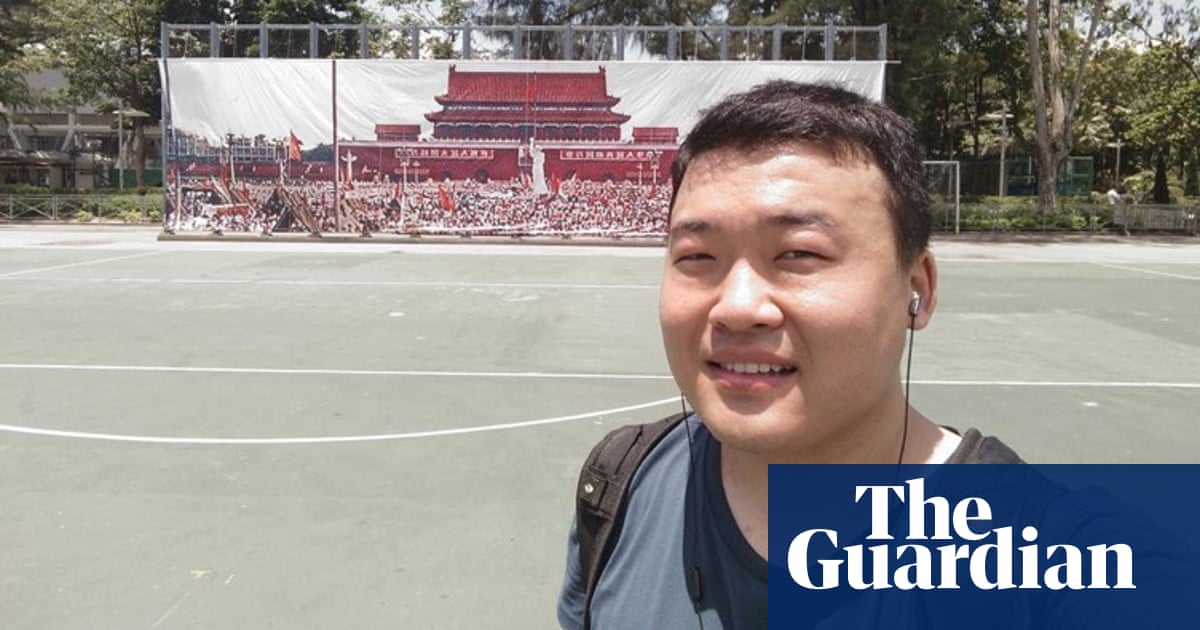Fears South Korean court will impose harsh penalty on Kwon Pyong to appease Beijing as trial set to begin
The father of a Chinese dissident detained in South Korea said his son will die if he is sent back to China, a country he escaped from on a jetski in a life-threatening journey in August.
A court in South Korea will decide on Thursday the fate of Kwon Pyong, who is charged with violating the immigration control act. Kwon, 35, pleaded guilty and appealed for leniency as prosecutors requested a sentence of two and a half years, which experts say is unusually harsh.
In the first public comments by Kwon’s family, his father, Quan He, told the Guardian his son was “a young person and he desires freedom. I really hope that the Korean government can give him a way to live.”
Kwon has been held in Incheon detention centre since he washed up on the Korean coastline on the night of 16 August. As a dissident who had previously been jailed in China for criticising Xi Jinping, China’s leader, his case could strain the already fraught relations between Beijing and Seoul.



This is the best summary I could come up with:
The father of a Chinese dissident detained in South Korea said his son will die if he is sent back to China, a country he escaped from on a jetski in a life-threatening journey in August.
Quan described his son as “an honest and sincere” person who had started publicly questioning the one-party rule of the Chinese Communist party after studying in the US.
South Korea is a party to the UN’s refugee convention but in the past 20 years it has accepted fewer than 4,000 asylum seekers, mostly from Yemen and Syria.
“Korea is very reluctant about Chinese asylum seekers,” said Pillkyu Hwang, the director of the GongGam Human Rights Law Foundation in Seoul.
As well as South Korea’s restrictive refugee policies, there is pressure on the relationship between Seoul and Beijing, with concerns Kwon may be receiving unusually harsh treatment because of his status in China.
The two and a half year sentence was “unusually draconian”, said Christoph Bluth, a professor of international relations at the University of Bradford, an expert on Korean human rights.
The original article contains 911 words, the summary contains 177 words. Saved 81%. I’m a bot and I’m open source!